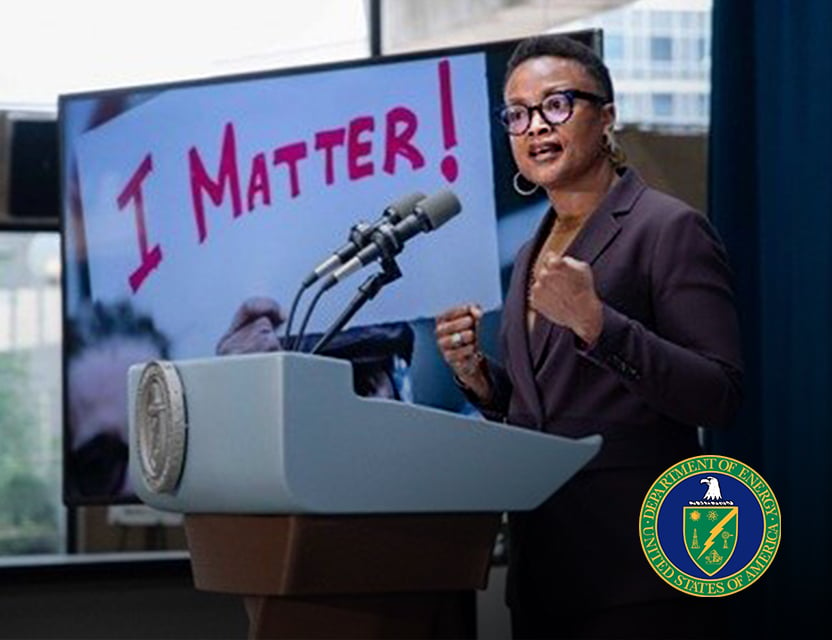Martin Luther King, Jr. was a leader of the civil rights movement who dedicated his life to fighting oppression and promoting equality for all. As such, his legacy serves as an inspiration for those seeking social change and justice in all forms today—including environmental justice.
Environmental justice is the principle that people should have access to clean air, water, and land regardless of their race or socioeconomic status. It focuses on recognizing the ways in which minority communities are disproportionately impacted by environmental abuses and inequality and calls for greater efforts to protect these communities from further exploitation.
Dr. King’s legacy is deeply intertwined with environmental justice issues; he was one of the first public figures to recognize the importance of protecting our planet’s resources, writing in 1965 that “we are now faced with the fact that tomorrow is today… We must rapidly begin the shift from a ‘thing-oriented’ society to a ‘person-oriented’ society… This shift demands that we cease to talk merely about economic expansion and development of material resources.”
Since Dr. King’s time, many environmental injustices have become more visible—from communities experiencing high rates of asthma due to air pollution to people lacking access to safe drinking water due to corporate greed. But Dr. King reminds us that this isn't just about preserving our environment; it's about protecting human lives too.
In recent years, there has been growing recognition of both the dangers posed by climate change and its disproportionate impact on vulnerable populations across the world. From floods affecting low-income neighborhoods in Houston after Hurricane Harvey to droughts making farming impossible in some African countries—the effects of climate change can be felt by many, but not all equally so.
The fight for environmental justice requires us to see poverty, racism, and other forms of discrimination as interconnected issues impacting all aspects of our lives—not just the environment—and take action accordingly. This means calling out companies engaging in eco-unfriendly practices while providing support and resources to organizations actively fighting back against injustice too.
The fight for environmental justice acknowledges our collective responsibility in caring for our planet while also acknowledging individual rights and needs essential for creating sustainable solutions: working together across lines of difference towards collective action is essential if we are ever going achieve true sustainability on a global scale. In this way, Dr. King’s legacy provides us with the hope that it can be done--and with motivation not to rest until it is achieved!
We can also honor the legacy of Martin Luther King Jr. by taking actions to reduce our carbon footprint, directly supporting organizations engaged in environmental activism and justice work, and teaching others why they should care about these issues too. Every small action we take adds up—from investing in renewable energy to choosing reusable materials instead of disposable ones—and it is essential that we all do our part in order to ensure a better future for generations to come.
It is also important that we use this day as an opportunity to examine how we are complicit in environmental injustices around us—and challenge ourselves to do better. This means thinking critically about our consumption habits, understanding where our food and other products come from, and recognizing the ways we might be benefiting from exploitative practices even on the most individual level. We need to hold ourselves accountable for doing what’s right regardless of whether or not people around us are doing the same: each of us only has one planet, and it's up to us how we treat it.
Finally, it is also important to remember how Martin Luther King Jr.'s legacy extends beyond environmental justice and intersects with climate change. We will continue needing leaders like Martin Luther King Jr., who recognized both the global implications of climate change as well as its local impact on human lives. Let us remember his words today and strive towards creating a society where everybody can have access to a clean environment so they can reach their full potential without worrying about being hampered by any pollution-induced health issues or facing poverty due to droughts or floods caused by global warming.
To quote MLK himself: “Our lives begin to end the day we become silent about things that matter.”

.jpg)


.jpg)